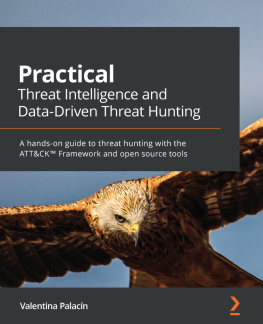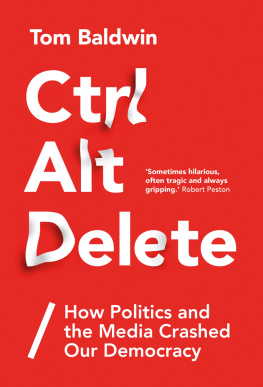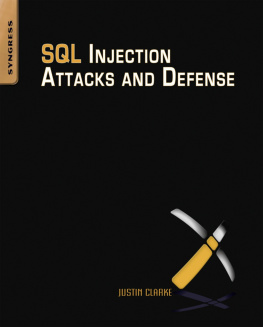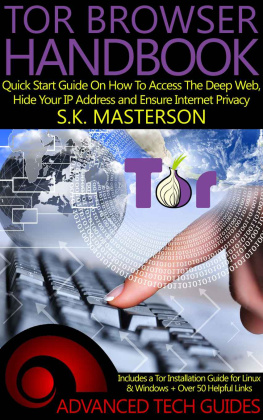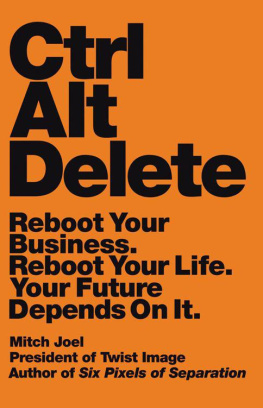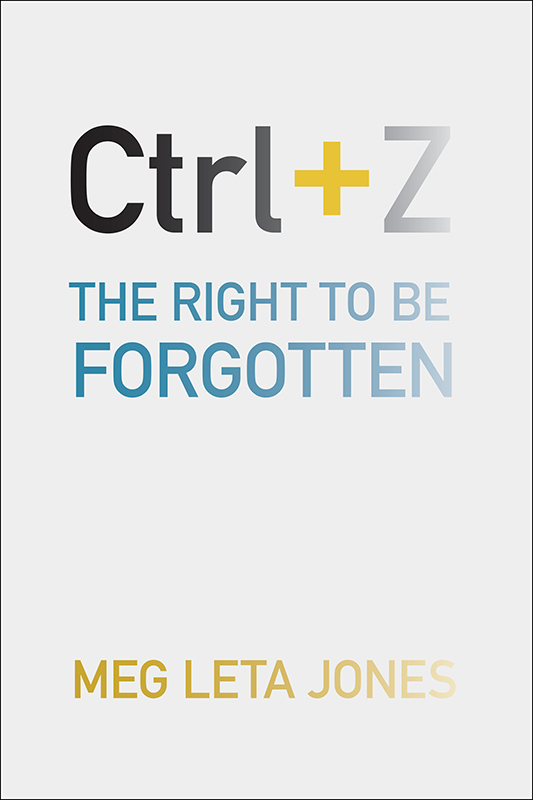
Ctrl + Z
Ctrl + Z
The Right to Be Forgotten
Meg Leta Jones

NEW YORK UNIVERSITY PRESS
New York and London
NEW YORK UNIVERSITY PRESS
New York and London
www.nyupress.org
2016 by New York University
All rights reserved
References to Internet websites (URLs) were accurate at the time of writing. Neither the author nor New York University Press is responsible for URLs that may have expired or changed since the manuscript was prepared.
Library of Congress Cataloging-in-Publication Data
Names: Jones, Meg Leta, author.
Title: Ctrl + Z : the right to be forgotten / Meg Leta Jones.
Other titles: Ctrl plus Z | Right to be forgotten
Description: New York ; London : New York University Press, 2016. | Includes bibliographical references and index. | Also available as an e-book.
Identifiers: LCCN 2015043578 | ISBN 9781479881703 (cl : alk. paper) | ISBN 1479881708 (cl : alk. paper)
Subjects: LCSH: Right to be forgottenUnited States. | Right to be forgottenEurope. | Privacy, Right ofUnited States. | Privacy, Right ofEurope.
Classification: LCC K3264.C65 J66 2016 | DDC 323.44/8094dc23
LC record available at http://lccn.loc.gov/2015043578
New York University Press books are printed on acid-free paper, and their binding materials are chosen for strength and durability. We strive to use environmentally responsible suppliers and materials to the greatest extent possible in publishing our books.
Manufactured in the United States of America
10 9 8 7 6 5 4 3 2 1
Also available as an ebook
with aid from a grant from
Figure Foundation
in the bearing of memory
For David
Contents
I have been very lucky to work on this book at Georgetown University, with incredibly caring and supportive departments and colleagues. Id like to thank my fellow faculty members in the Communication, Culture, & Technology program for their kindness and creating a truly interdisciplinary environment that has stretched and challenged me in ways that inspire and energize. Id like to thank Carole Sargent, Director of Scholarly Publications, who has guided me through writing my first book, as well as Jen Tobin and Oriana Mastro, who have trudged through it with me week by week. Id also like to thank Julie Cohen for the many coffees and my editor, Clara, whose enthusiasm for the project proved infectious and got this book to the finish line.
The ideas that form the basis of this book emerged over the course of my graduate work at the University of Colorado. My PhD advisors, Paul Ohm and Jill Dupre, have been nothing short of vital to the completion of this work and my career. Their commitment has included long meetings, hours of editing, and managing numerous frantic communications. For their generous guidance, warm kindness, and immense patience with me, Paul and Jill have my sincerest gratitude. No part of the PhD process was more enjoyable than the time spent with my very large committee. John Bennett fully supported every aspect of my work inside and outside ATLAS. I cannot thank him enough for being my biggest cheerleader and dependable leader. Preston Padden and Dick Green have offered their time, guidance, and experience to this research, as well as guest-lectured classes and brought real-world and international context to the debate. Diane Sieber has been an inspiration and become a close friend. I was honored to have her involved in my PhD. Harry Surdens creativity and thoughtfulness has provided a great deal of depth to this project. Last but not least, Susan Nevelow-Mart played an important role on the committee with endless energy, support, and interest. All of these people have been inspiring teachers and nurturing friends. I will be forever grateful for their reliable support.
A number of fellowships supported my graduate work and my development as an interdisciplinary researcher. I am incredibly grateful to CableLabs and its amazing team, particularly Dick Green, Chris Lammers, Simon Krauss, and Lee Zieroth, for their belief in the work being done at ATLAS and by me. I am also grateful to those at the Harvard Berkman Center for Internet & Society who made my fellowship experience there exciting, enriching, and inspiring. My thanks also goes out to those involved in the Provosts Fellowship in University Libraries, namely, the law librarians in the Wise Law Library and their director, Susan Nevelow-Mart. Finally, I would like to thank the incredible team in computer science that coordinates the NSF eCSite project, including Dirk Gunwald, Debra Goldberg, Clayton Lewis, Jessica Feld, and Sarah Hug.
Portions of the book are adaptions of previously published work, and all of their individual acknowledgments should extend here as well. Those publications include Speaking of Forgetting: Analysis of Possible Non-EU Responses to the Right to Be Forgotten and Speech Exception, 38:8 T ELECOMMUNICATIONS P OLICY 800 (2014); The Right to Be Forgotten across the Pond, 3 J OURNAL OF I NFORMATION P OLICY 1 (2013) (with Jef Ausloos); Seeking Digital Redemption: The Future of Forgivenessin the Internet Age, 29 S ANTA C LARA C OMPUTER AND H IGH T ECHNOLOGY L AW J OURNAL 99 (2012) (with Nicole Friess and Jill Van Matre); and You Are What Google Says You Are: The Right to Be Forgotten and Information Stewardship, 17 I NTERNATIONAL R EVIEW OF I NFORMATION E THICS (July 2012). A different version of chapter 4 appeared as Its about Time: Privacy, Information Life Cycles, and the Right to Be Forgotten, 16 S TANFORD T ECHNOLOGY L AW R EVIEW 369 (2014). I thank the Stanford Technology Law Review for permission to reprint. I benefited from numerous opportunities to present the ideas at workshops and conferences at universities with engaged faculty. Id like to thank those editors and attendees who refined this work and pointed me in new directions. Specifically, Id like to thank my European coauthors Paulan Korenhof, Jef Ausloos, Ivan Szekely, Giovanni Sartor, and Ronald Leenes, who taught me much about European law and attitudes toward information rights. Most importantly, Id like to thank the reviewers of the manuscript and wonderful copyeditor. Your feedback and criticism were monumentally important to getting the book into shape.
Finally, I would like to thank my friends and family. My parents and brothers provide unconditional love and security in life that makes it possible to take the road less traveled. My friends (Madelaine Maior, Nicole Day, Belle Marsh, Carolyn Miller, Joanne White, Leslie Dodson, Kara Behnke, and Heather Underwood) give me constant entertainment, enjoyment, laughter, camaraderie, and motivation. Lastly, I would like to thank my partner in crime and husband, David Jones, for his patience, interest, editing, and love.
Two cases addressing the complicated concerns of reputation, identity, privacy, and memory in the Digital Age were decided the same day on opposite sides of the Atlantic with different conclusions. The first began in Spain. In 2010, Mario Costeja Gonzlez requested that a Spanish newspaper remove information about a sale of his property related to insolvency proceedings. When the paper refused, he requested that Google remove the search results that included the information. Googles refusal led to litigation in the Court of Justice of the European Union. On May 13, 2014, the court ordered Google to edit the results retrieved when Gonzlezs name was searched because the information about the property sale was inadequate, irrelevant or no longer relevant, or excessive in relation to the purposes of the processing at issue carried out by the operator of the search engine.
Next page

